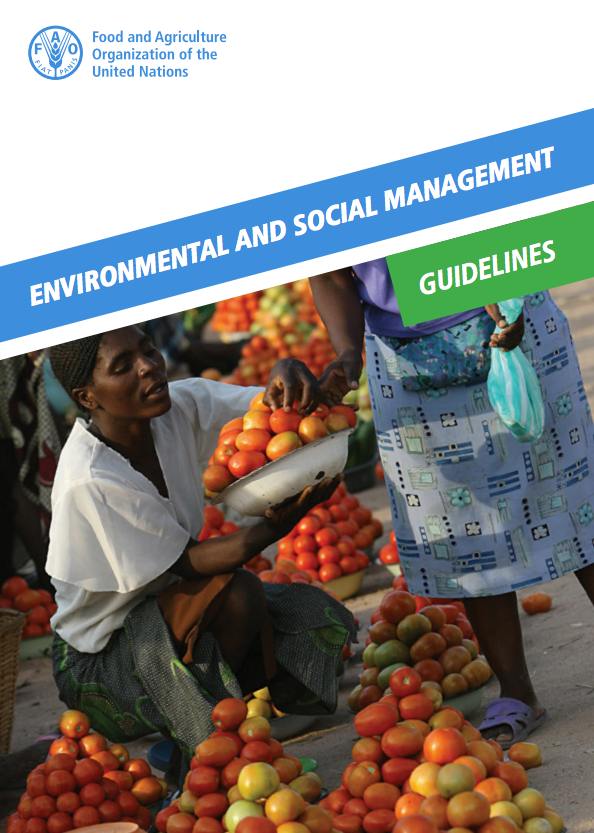Publications
A series of documents relevant to Indigenous Peoples are shown below. These include the FAO Policy on Indigenous Peoples together with a series of Voluntary Guidelines and Principles approved by FAO Member Nations which apply to Indigenous Peoples.
Using the search box located at the right side of the page, there can be found a series of useful documents with information on collaboration between FAO and Indigenous Peoples. The list includes publications, papers and reports that can assist in identifying and engaging with Indigenous Peoples, facilitate multi-stakeholder dialogues and strengthen cooperation.
Agriculture, including crop, livestock, forestry, fisheries and aquaculture, depend largely on the sound use of natural resources. Sustainable agriculture must strike a balance between protecting and sustainably using natural resources while at the same time meeting society’s growing needs by...
Indigenous peoples must be considered an undeniable stakeholder in a development agenda shaped by such a mandate. Recent estimates indicate that although indigenous peoples make up approximately 5 percent of the world’s total population, they comprise about 15 percent of...
In developed and developing countries all over the world, farmers and indigenous and local communities have traditional knowledge, expertise, skills and practices related to food security and to food and agricultural production and diversity. Since its creation in 1945, FAO...
From ancient times, fishing has been a major source of food for humanity and a provider of employment and economic benefits to those engaged in this activity. The wealth of aquatic resources was assumed to be an unlimited gift of...
The present voluntary guidelines set out a framework of legally non-binding principles and internationally accepted strategic actions. They address the cultural, social, environmental and economic dimensions of fire management at all levels. In accordance with recommendations of the International Wildland...


.bmp)
.bmp)
.bmp)
